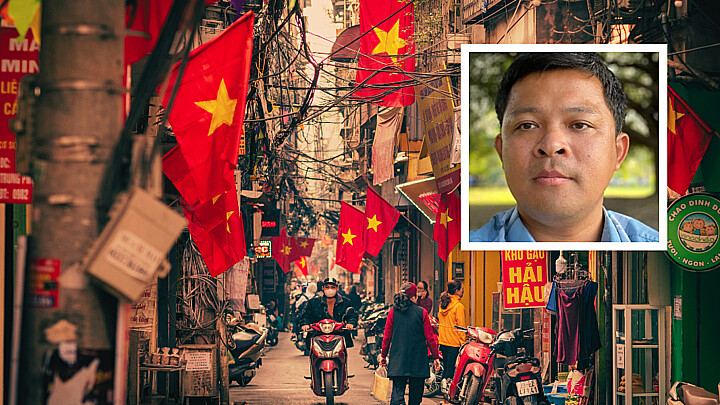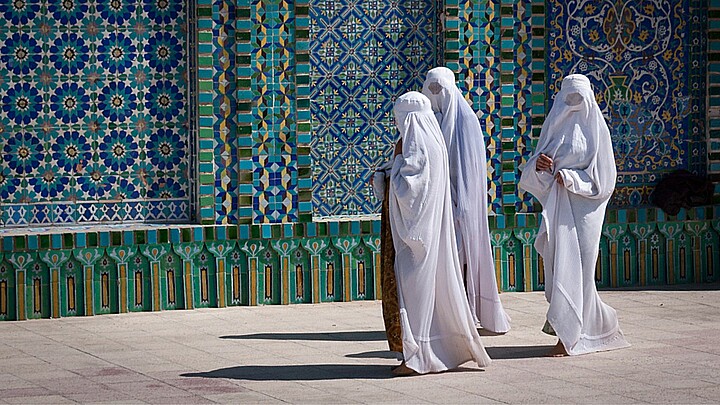Human Rights
Myanmar's elected leader Aung San Suu Kyi moved to solitary confinement after 2021 military coup
The 77-year-old politician was deposed from her democratically elected government during a 2021 coup d'état by Myanmar’s armed forces, the Tatmadaw
June 24, 2022 8:42am
Updated: June 24, 2022 1:57pm
Myanmar’s former leader Aung San Suu Kyi was moved to solitary confinement at a prison near the capital, Naypyidaw, on Thursday.
The 77-year-old politician was deposed from her democratically elected government during a 2021 coup d'état by Myanmar’s armed forces, the Tatmadaw.
“In accordance with criminal laws … [Aung San Suu Kyi] has been kept in solitary confinement in prison,”said Zaw Min Tun, a junta spokesperson.
Since the coup, Suu Kyi had been held at an undisclosed location after being charged with at least 20 offences, including multiple counts of corruption, that could keep her in jail the rest of her life, reports The Guardian.
Suu Kyi's lawyers have been banned from speaking to the media and journalists barred from her from her trial, reports AFP.
Secretary of State Antony Blinken called her conviction in December an affront to democracy.
“The regime’s continued disregard for the rule of law and its widespread use of violence against the Burmese people underscore the urgency of restoring Burma’s path to democracy,” Blinken said in a statement.
A source close to Suu Kyi told AFP that she “acts like before and is in strong spirits,” despite the transfer.
“She is used to facing any kind of situation calmly,” said the source, who requested anonymity.
Suu Kyi was awarded the Nobel Peace Prize in 1991 for her “non-violent struggle for democracy and human rights” in Myanmar, during her 15-year detention by the armed forces who refused to hand over power following her National League for Democracy (NLD) party’s sweeping victory in the 1990 elections.
She rose to power following another decisive NLD victory in 2016, when she was appointed to the newly created position of State Counsellor of Myanmar, akin to that of a prime minister.
As counsellor, she drew criticism from human rights groups for her silence regarding the genocide of Rohingya Muslims in her country. Some called for her Nobel Prize to be revoked.
The late Archbishop Desmond Tutu, a fellow Nobel laureate for his anti-apartheid work, criticized her on social media, saying it was “incongruous for a symbol of righteousness” to lead a country that persecuted minorities.
“If the political price of your ascension to the highest office in Myanmar is your silence, the price is surely too steep,” Tutu posted in a social media post at the time.








